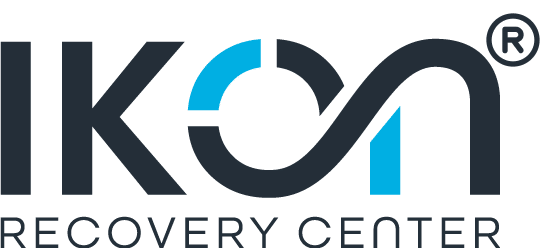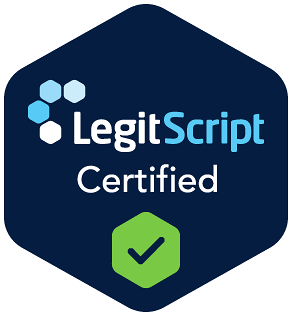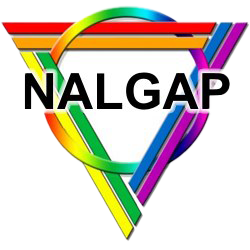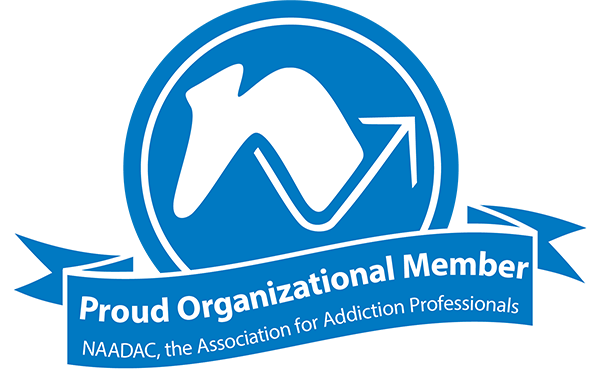Addiction
Table of Contents
Chronic stress disrupts emotional regulation, making addiction recovery harder.[1] It affects the brain’s stress response, emotional processing, and ability to manage cravings, increasing the risk of relapse. Here’s how chronic stress impacts addiction and recovery:
- HPA Axis Overload: Excess cortisol disrupts emotional balance and increases substance use risk.
- Neurotransmitter Depletion: Low dopamine and serotonin levels worsen emotional control.
- Brain Changes: Stress alters the prefrontal cortex, hippocampus, and amygdala, weakening decision-making and emotional stability.
- Heightened Pain Sensitivity: Stress amplifies physical and emotional pain, often leading to self-medication.
- Reward System Disruption: Natural rewards lose appeal, making substances more tempting.
Key takeaway: Addressing stress and emotional regulation is critical in addiction treatment. Effective therapies like CBT, DBT, and mindfulness can help manage stress and improve recovery outcomes.
How an Addicted Brain Works
How Chronic Stress Affects Emotional Regulation
What Is Chronic Stress?
Chronic stress shows up in the body through symptoms like high blood pressure, muscle tightness, and disrupted sleep. These physical issues often increase emotional strain. For people dealing with addiction, this creates a tough cycle – physical discomfort makes it even harder to manage emotions effectively.
How the Brain Reacts to Chronic Stress
The physical symptoms of chronic stress are tied to significant changes in how the brain handles stress. These changes impact emotional regulation by disrupting key brain areas:
| Brain Region | Normal Function | Effect of Chronic Stress |
|---|---|---|
| Prefrontal Cortex | Handles decision-making | Struggles to regulate emotions |
| Amygdala | Processes emotions | Becomes overly reactive |
| HPA Axis | Manages hormone levels | Cortisol levels become unstable |
“Stress is a well-known risk factor in the development of addiction and in addiction relapse vulnerability.” [2]
These disruptions in brain function often lead to emotional instability, which can fuel the cycle of addiction.
The Link Between Stress, Emotional Instability, and Addiction
Studies reveal that 75% of people with addiction have a history of childhood trauma, showing a strong connection between early stress and substance use disorders [1]. Chronic stress drains key neurotransmitters like dopamine and serotonin, making emotions harder to control and coping more difficult. This depletion contributes to a 60% relapse rate within six months [2], as individuals often turn to substances to manage their stress.
“Treating the stress-related aspects of drug addiction is likely to be an important contributing factor to a long-lasting recovery from this disorder.” [3]
These insights highlight the importance of addressing both stress and addiction in recovery programs to improve the chances of long-term success.
5 Ways Chronic Stress Disrupts Emotional Regulation in Addiction
HPA Axis Overload
Long-term stress overwhelms the HPA axis, leading to excessive cortisol production. This hormonal imbalance disrupts emotional regulation, increasing the likelihood of substance use. The resulting instability makes individuals more prone to addiction.
Depletion of Key Neurotransmitters
Prolonged stress drains levels of dopamine and serotonin, two chemicals essential for emotional balance. This depletion can push individuals toward substances as a way to cope. Over time, the brain’s ability to regulate emotions is deeply affected, complicating the recovery process.
Changes in Brain Structure
Chronic stress physically alters the brain areas responsible for emotional control:
| Brain Region | Impact of Chronic Stress | Effect on Addiction |
|---|---|---|
| Hippocampus | Shrinks in size | Affects memory and emotional processing |
| Prefrontal Cortex | Reduced functionality | Weakens self-control and decision-making |
| Amygdala | Becomes overly reactive | Increases emotional instability |
Increased Sensitivity to Pain
Stress amplifies sensitivity to both physical and emotional pain, a condition known as hyperalgesia. This heightened pain often leads to substance use as a form of self-medication. Studies suggest that this sensitivity can linger even during recovery, making it an important focus in treatment.
Disruption of the Brain’s Reward System
Chronic stress diminishes the pleasure derived from natural rewards, while making substances seem more appealing. This rewiring of the brain’s reward system complicates emotional regulation and can hinder progress in recovery.
“Stress is a well-known risk factor in the development of addiction and in addiction relapse vulnerability.” [2]
At Ikon Recovery Center, programs are tailored to address the impact of chronic stress on emotional regulation. Using therapies like CBT and mindfulness, clients work toward restoring emotional balance. Tackling both stress and its effects on emotional control is a key component of effective addiction treatment.
sbb-itb-c19384b
Approaches to Treating Stress and Emotional Dysregulation in Addiction
Programs That Address Both Stress and Addiction
Addressing addiction effectively means tackling both substance use and chronic stress at the same time. At Ikon Recovery Center in Saddle Brook, NJ, treatment combines clinical and holistic methods, including trauma-informed care and dual diagnosis treatment. This approach helps individuals manage the deep connection between stress and addiction.
| Treatment Component | Purpose | Benefits |
|---|---|---|
| Trauma-Informed Care | Focuses on underlying stress sources | Helps reduce trauma-related triggers |
| Dual Diagnosis Treatment | Addresses co-occurring conditions | Enhances overall recovery outcomes |
Therapies for Managing Emotions
Cognitive Behavioral Therapy (CBT) and Dialectical Behavior Therapy (DBT) are key tools in helping individuals identify stress triggers, shift negative thought patterns, and develop emotional regulation skills. These methods provide practical ways to handle stress and emotional challenges.
Mindfulness practices, such as meditation, deep breathing, and progressive muscle relaxation, are also effective. They help reduce cravings linked to stress and improve emotional balance. While these therapies offer valuable tools, long-term recovery depends on ongoing support to handle everyday stressors.
Support After Treatment
Aftercare plays a critical role in ensuring that emotional regulation techniques learned during treatment are applied to real-life situations. Research shows that individuals with strong support systems after treatment are more likely to maintain sobriety and manage stress effectively.
Key elements of aftercare include:
| Support Type | Services Offered | Impact on Recovery |
|---|---|---|
| Environmental Support | Housing help, vocational training | Reduces external pressures |
| Financial Guidance | Resources for financial stability | Lowers anxiety |
| Ongoing Therapy | Counseling, support groups | Supports emotional balance |
| Holistic Care | Yoga, art, music therapy | Offers healthy ways to manage stress |
This well-rounded approach ensures individuals have the resources and strategies to manage stress while staying committed to their recovery journey.
Conclusion
Key Takeaways
Chronic stress plays a major role in disrupting emotional regulation and complicating addiction recovery. It impacts brain function and structure through several pathways, highlighting the need for integrated treatment approaches to achieve lasting recovery. Addressing chronic stress isn’t just helpful – it’s essential for effective addiction treatment.
Recognizing how chronic stress affects the brain reinforces the importance of seeking professional help. Advances in understanding these processes have led to treatments that tackle both chronic stress and addiction at the same time, improving recovery outcomes.
Encouragement to Take Action
Starting the journey to recovery can feel intimidating, but professional support can make all the difference. Ikon Recovery Center specializes in evidence-based therapies designed to address both chronic stress and addiction together.
With the right support and treatment, recovery is within reach. Research shows that addressing these challenges together offers the best path to long-term success. Don’t let chronic stress keep fueling addiction – reaching out for help is the first step toward regaining control and improving your emotional health.
FAQs
How does addiction affect handling emotions?
Studies show that people with substance use disorders (SUDs) face more difficulties managing negative emotions compared to those without SUDs [1]. This struggle with emotional regulation often creates a cycle of substance use and relapse. Research points to disruptions in executive control networks – responsible for managing stress and cravings – as a key factor influencing recovery outcomes in SUDs [1].
Chronic stress adds another layer of difficulty, as it takes a lasting toll on both the brain and the body, further complicating emotional regulation.
What is the link between stress and addiction?
There’s a clear connection between long-term stress and a higher risk of addiction [2]. Chronic stress impacts critical brain systems in several ways:
| Stress Impact | Effect on Brain Function |
|---|---|
| Neural Circuit Disruption | Impaired stress responses and decision-making abilities |
| Reward System Changes | Heightened sensitivity to drug cues and cravings |
| Emotional Processing | Increased susceptibility to substance use |
Experiencing trauma in childhood can also alter stress responses, making individuals more prone to addiction [1]. Additionally, the concept of “intolerance of uncertainty” – where people struggle to cope with unpredictability – can lead to over-controlling behaviors and mental strain, which may increase the likelihood of addictive habits [4].
Recognizing these connections underscores the need for treatments that address both stress and addiction together.
